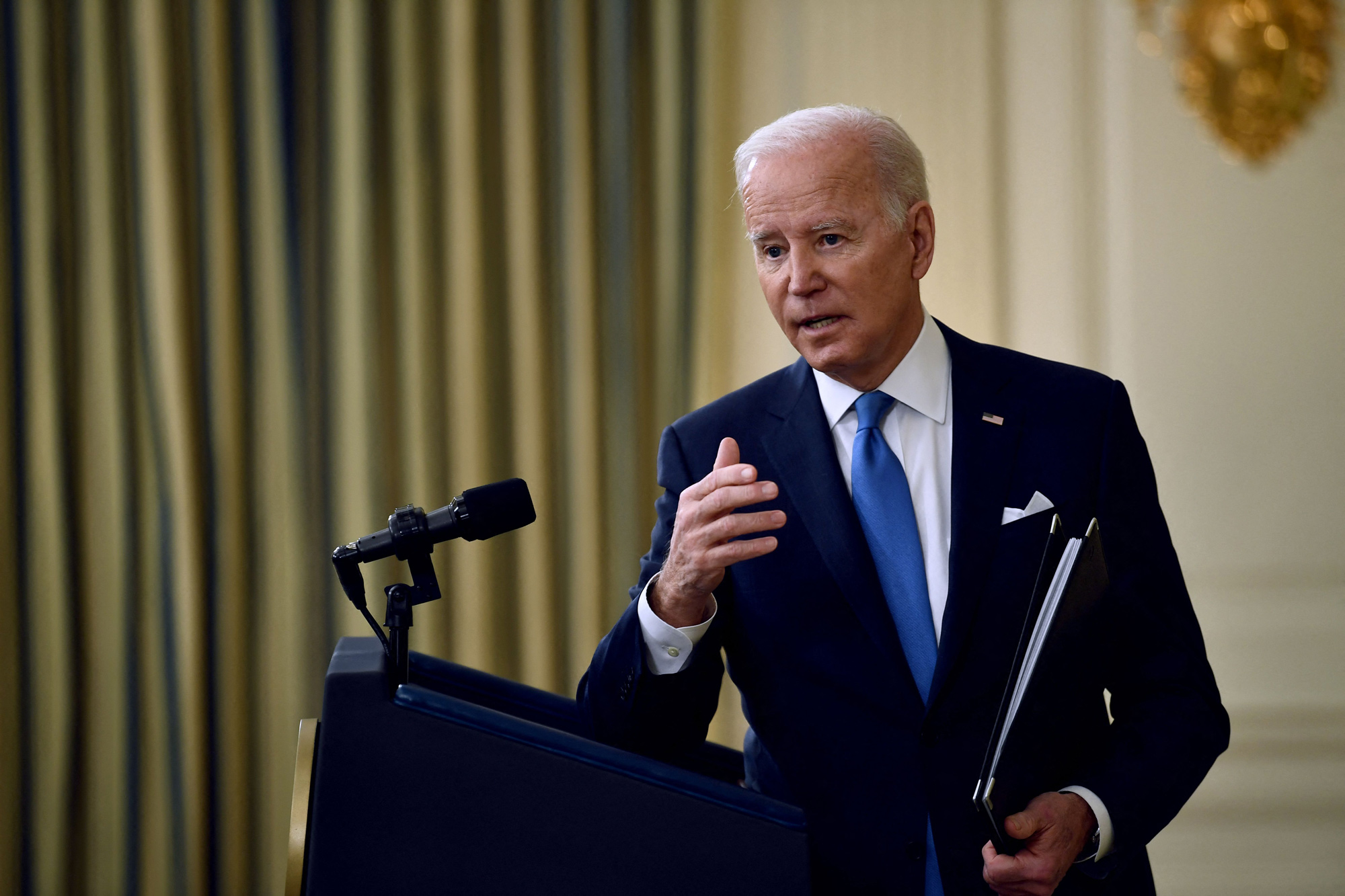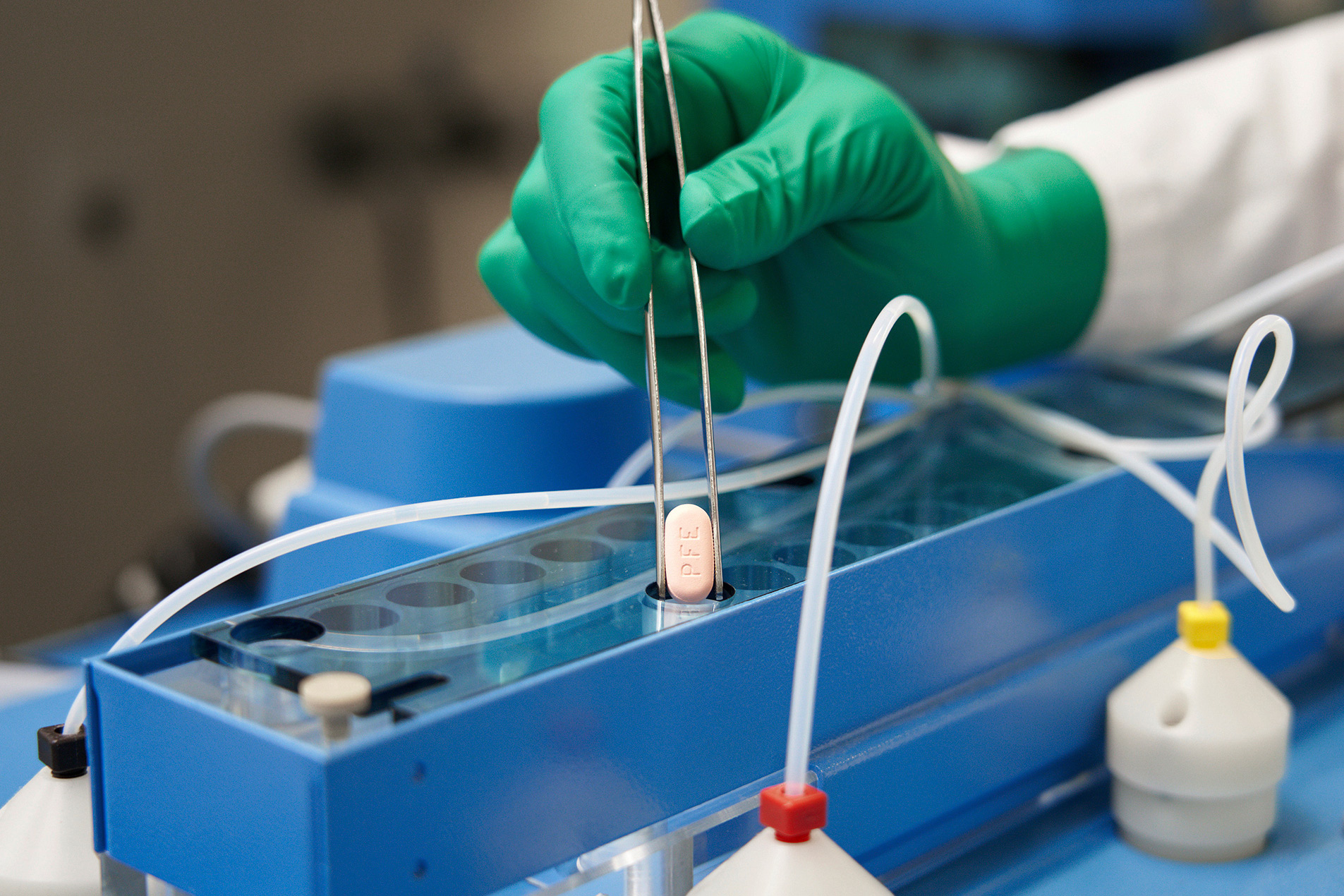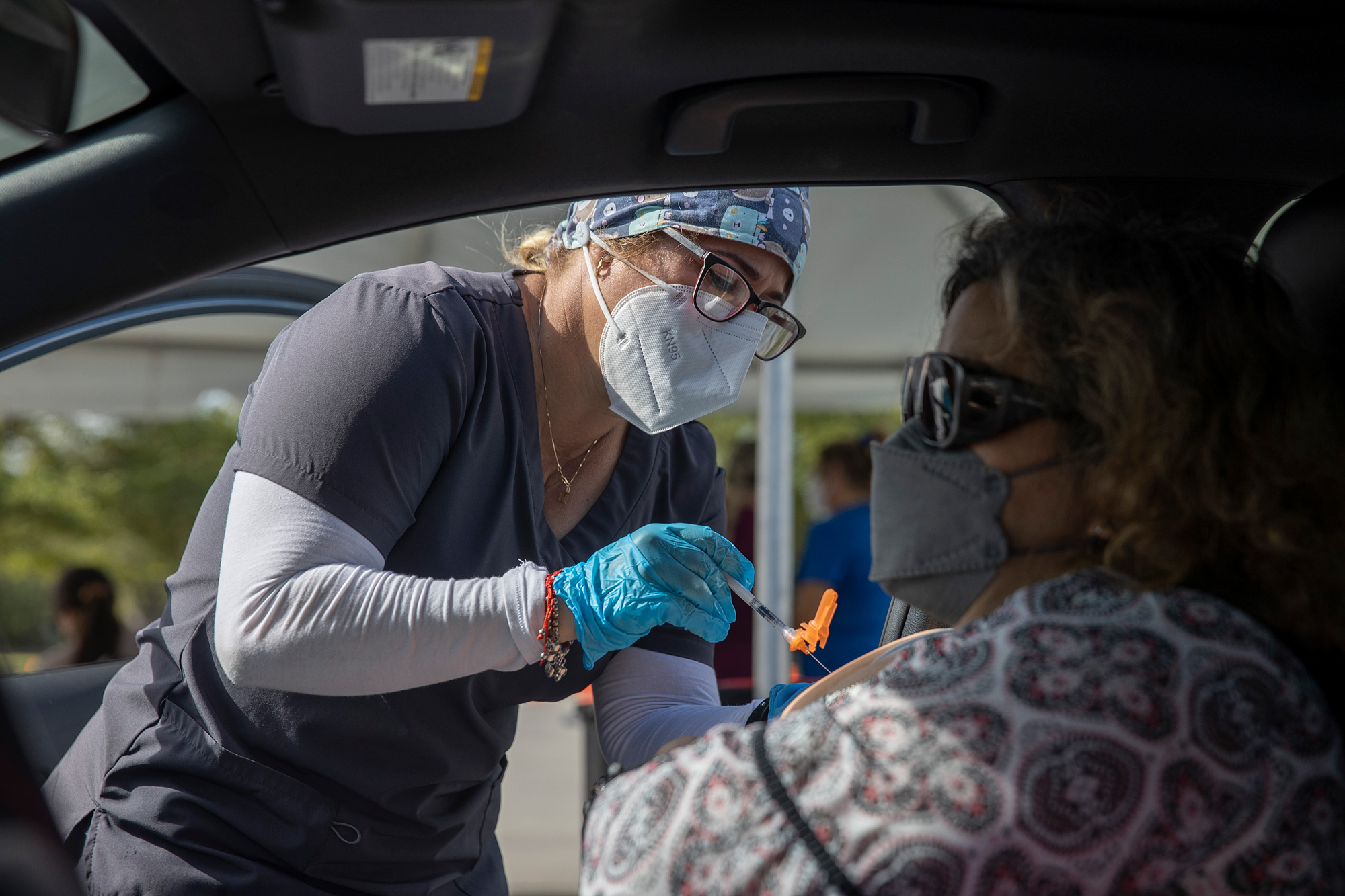
President Biden acknowledged his administration has struggled to meet demand for Covid-19 tests in an interview with ABC News Wednesday, telling David Muir, “Nothing’s been good enough.”
“I don't think it's a failure. I think it's– you could argue that we should have known a year ago, six months ago, two months ago, a month ago– I've ordered half a billion of the pills, 500 million pills,” Biden said, before correcting himself. “Or excuse me, 500 million test kits that are going to be available to be sent to every home in America if anybody wants them. But the answer is yeah, I wish I had thought about ordering half a million [tests] two months ago, before Covid hit here.”
Biden acknowledged the administration is “chasing” the highly transmissible Omicron variant, telling ABC, “We are chasing Omicron, but the fact that matter is, we’re chasing whatever comes on the scene that hadn't been there before– and this wasn't there this last summer, for example.”
“But what do you plan for? You plan for what you think is available, that is the most likely threat that exists at the time, and you respond to it,” Biden continued. “And I think that that's exactly what we've done, and so for example, Omicron is spreading rapidly, but the death rates are much, much lower than they were. This is not March of 2020 is a very different time that we're in now.”
Biden said he expects the rapid tests his administration have ordered “will start going out in the beginning of January, because they're being produced now,” and confirmed that he, and members of his family, would test before celebrating Christmas together in person this weekend.
He also confirmed that while vaccine requirements for domestic air travel were considered, “the recommendation I've gotten is not necessary.”










